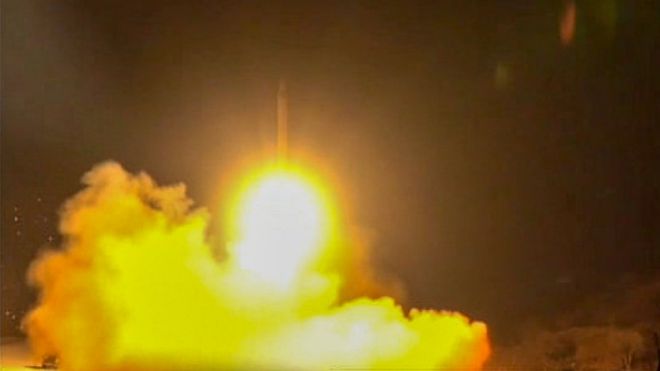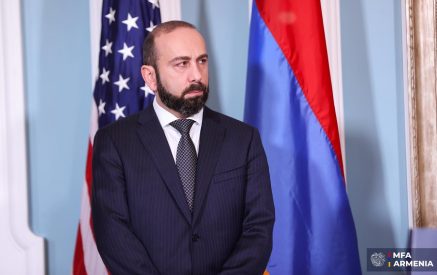According to Iranian propaganda, 80 American soldiers were killed during the missile attacks on the American airbases in Iraq. According to American propaganda, not only were there no casualties, but the airbases did not suffer any damage, either. And in general, according to this propaganda, Iran has inaccurate ballistic missiles that shoot crookedly and land far from their target. And according to conspiracy theorists, which are more believable for Armenians, the Iranians deliberately fired their missiles inaccurately to show that they want to get revenge, but they do not want to start a war with the United States.
Governments never tell their people the truth. They only tell the people what would benefit them and what would make them look like heroes. This has been the case for at least 2.5 millennia, and there is no reason to believe that this will end anytime soon. It is difficult to know what really happened. It seems that information technology promotes governments’ transparency, but this is not always the case. Of course, there have been cases when idealists came to power and they carry out initiatives in that direction. In the beginning of the 1970s, the President of Chile Salvador Allende initiated Project Cybersyn, which would allow workers at major businesses to participate in the governing of these businesses, according to social democrats. Allende’s initiative also used a special tool that allowed citizens to evaluate the work of the government whenever they wanted to in real-time. Allende’s time in power ended in the same way that most idealist governments do. And Pinochet, his successor, eliminated that system and played by the traditional rules.
Social media, on the other hand, tends to distort the truth nowadays more than it helps to uncover the truth. The average user is gullible, does not have a critical mindset, can be easily influenced, and is frequently manipulated. The demand to know the truth has obviously decreased. But there are those who wish to know the truth, in any case, and they make up approximately 100 million of the world’s population. Journalists work for them. But in this case, American journalists have more opportunities to uncover the truth than their Iranian colleagues for obvious reasons.
However, it is not necessary to idealize the United States. I remembered one classic case. On July 4th, 1967, US President Lyndon Johnson signed the Freedom of Information Act into law. In his speech at the White House, Johnson said, “The freedom of information is just as important for society as national security is. State officials and individual citizens do not have the right to decide when that should be limited.” Right after this controversial speech, a journalist asked Johnson if they could have a copy of his speech. He refused.
Read also
Aram Abrahamyan

























































